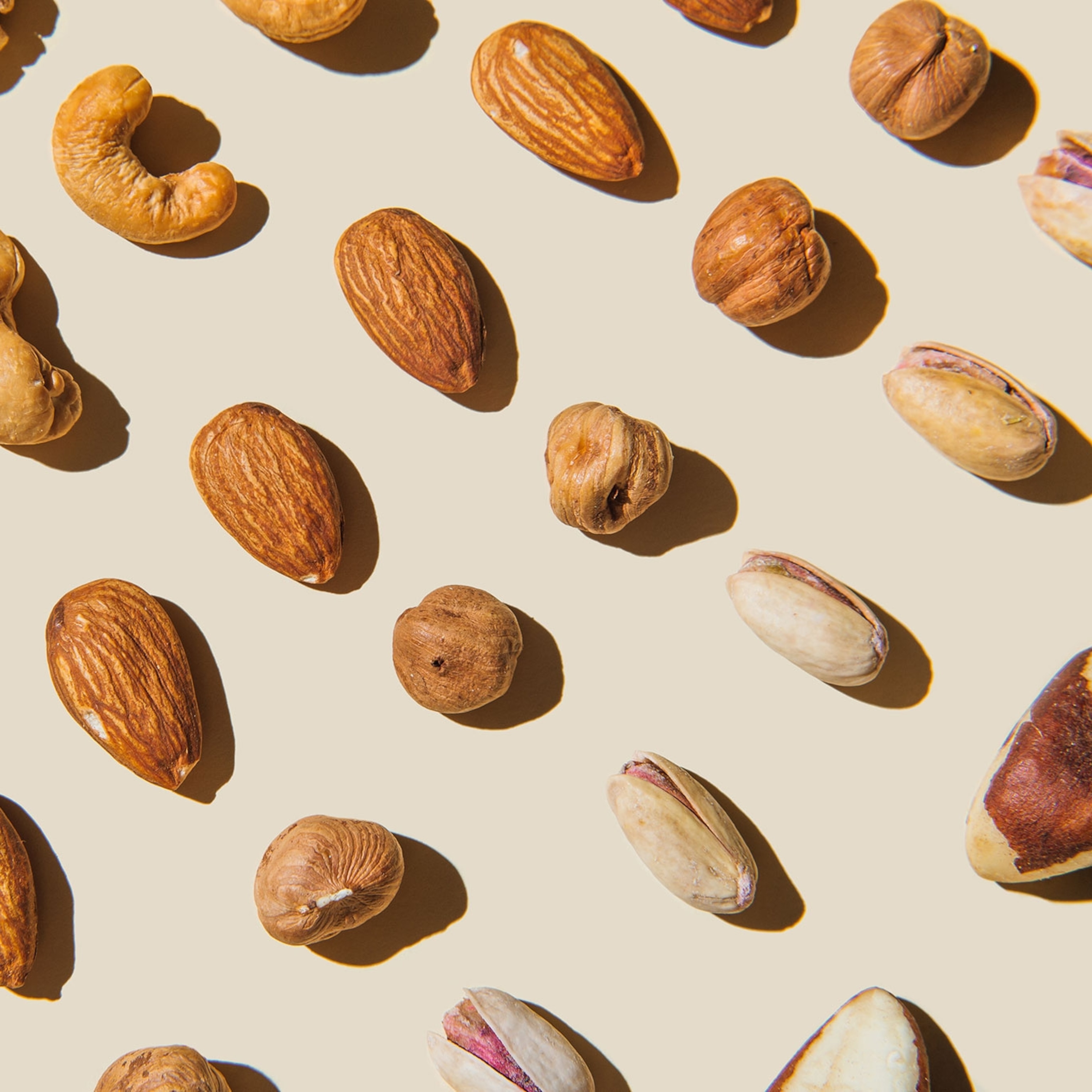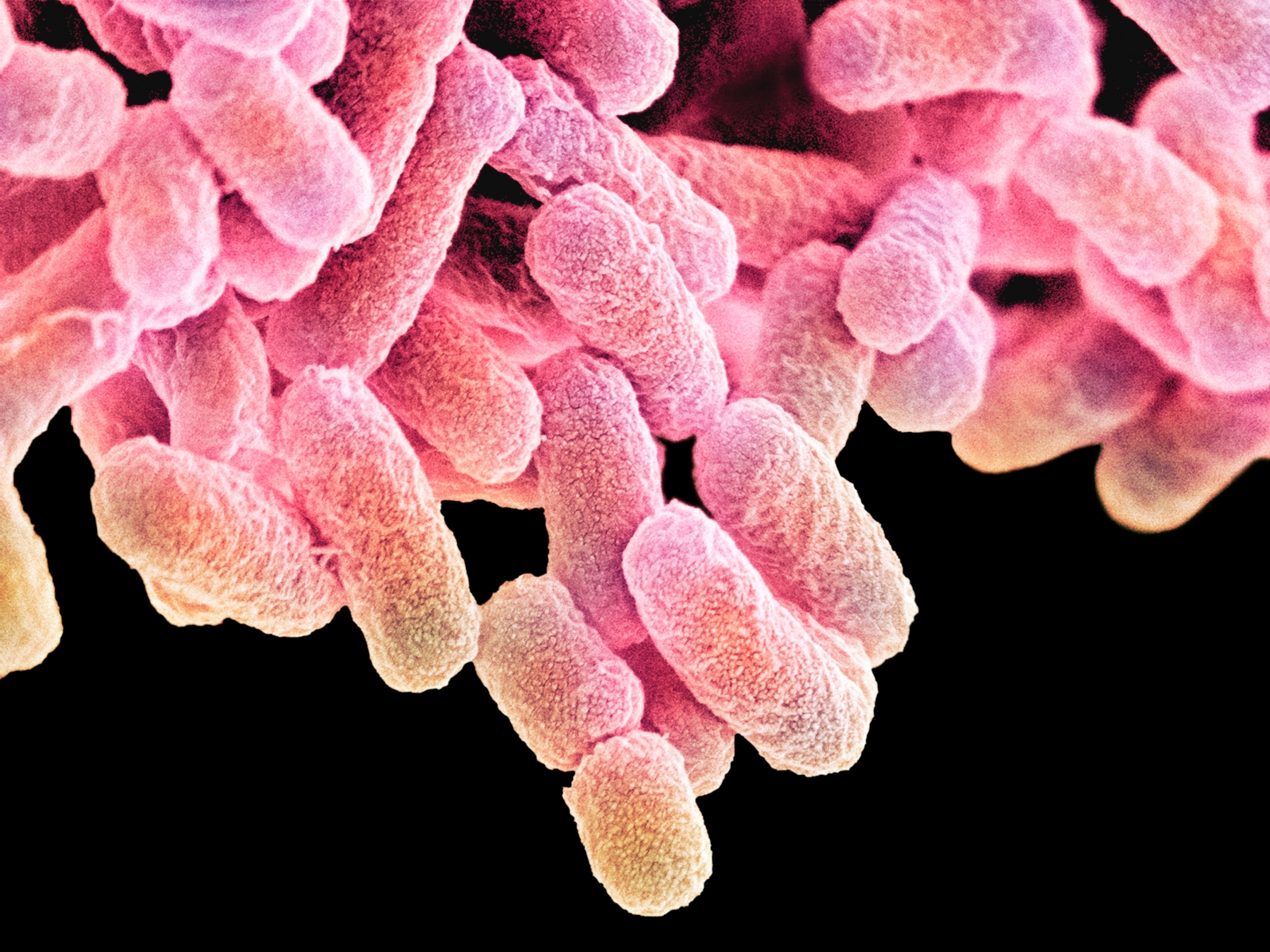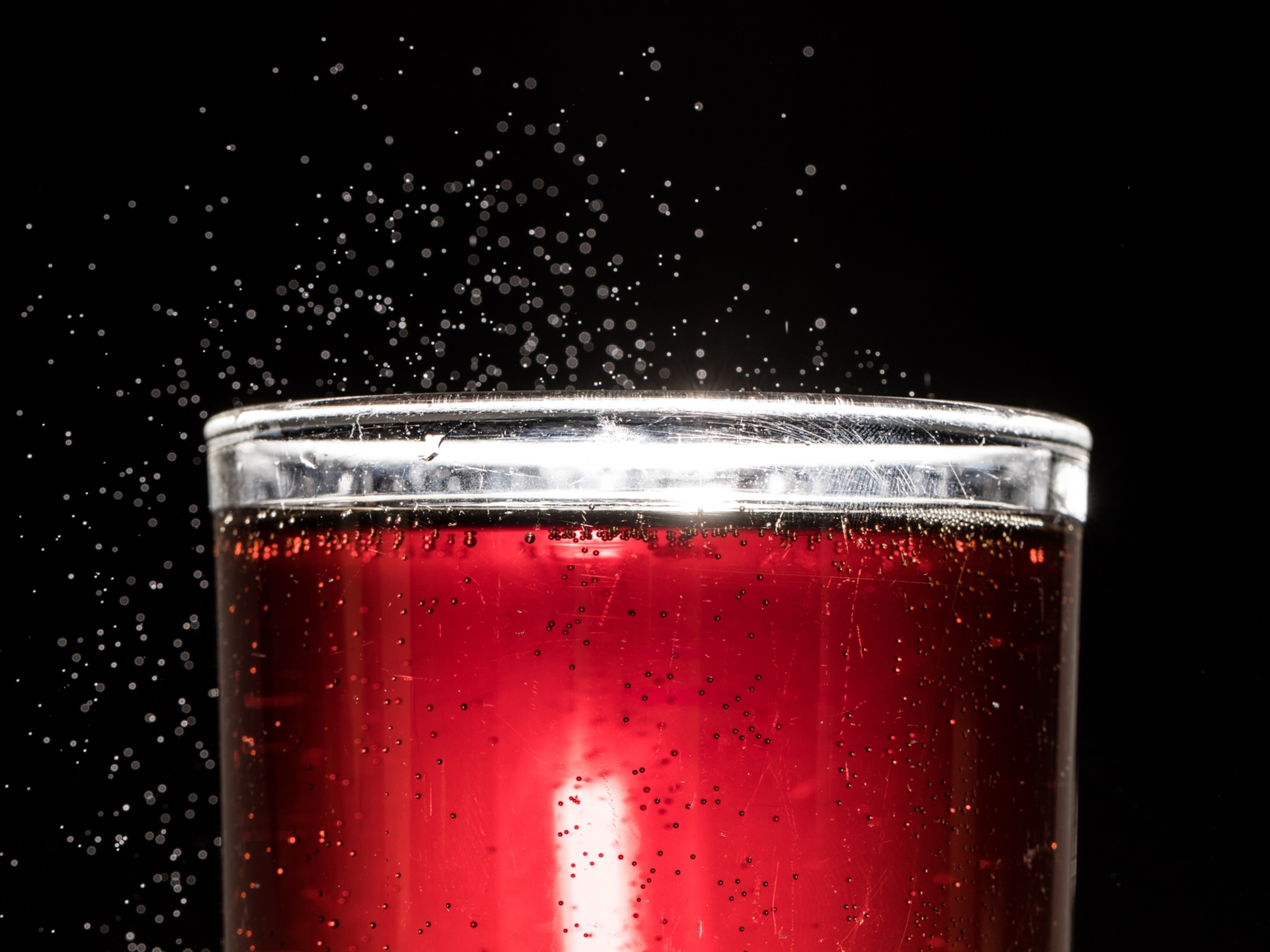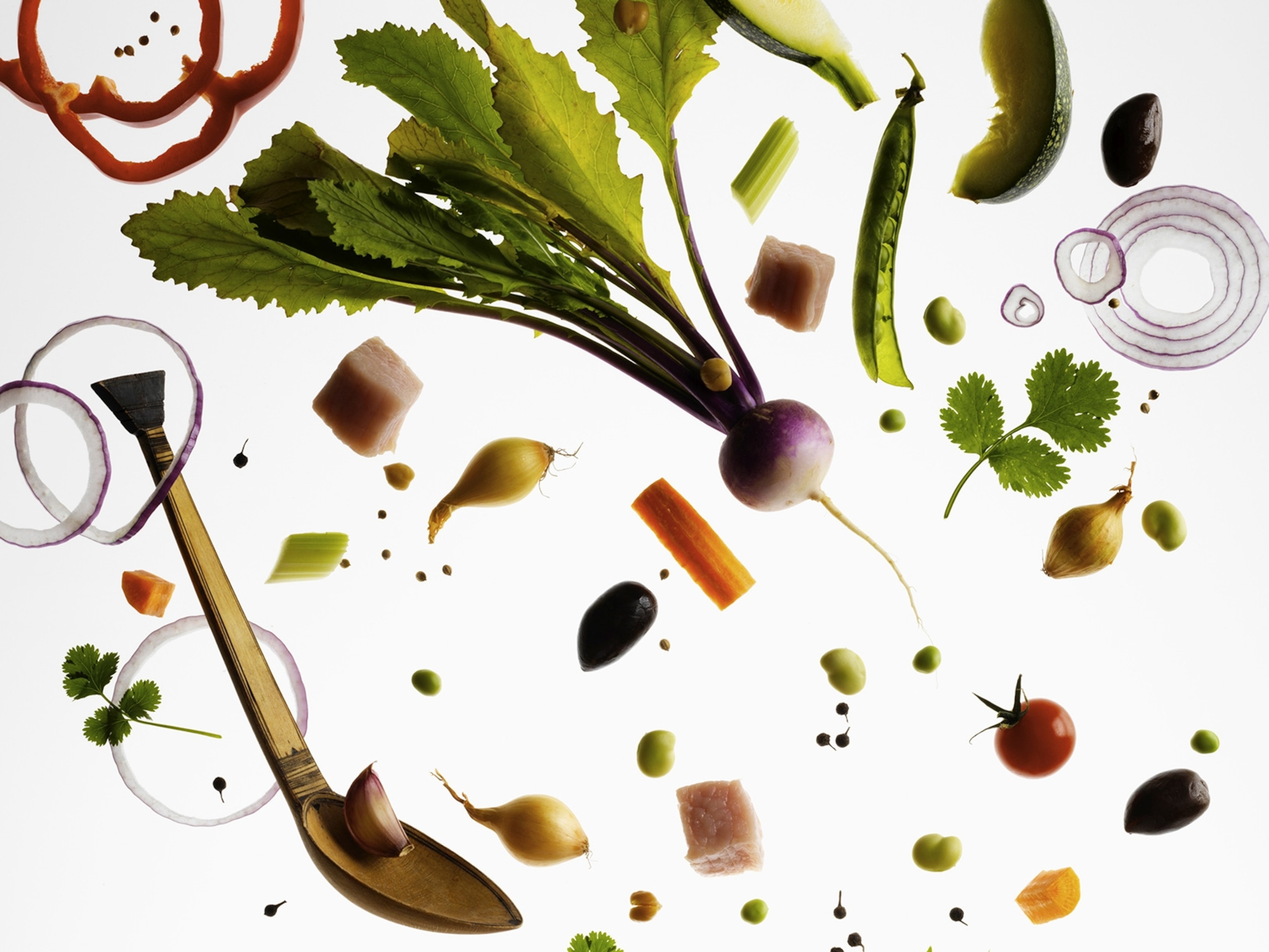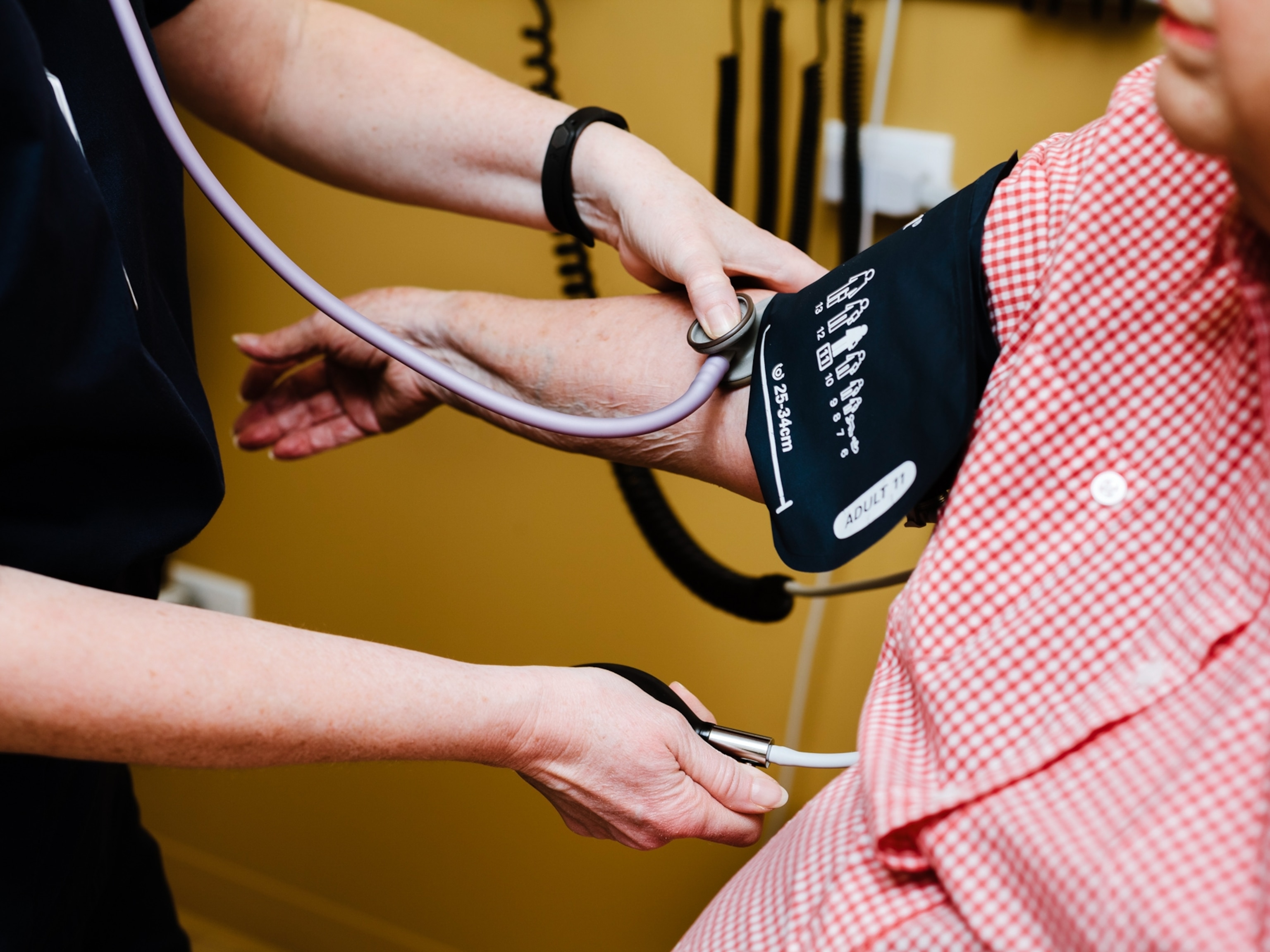Scientists are uncovering surprising connections between diet and mental health
Research shows that certain foods really can help with depression and stress. Here’s why—and which foods help most.
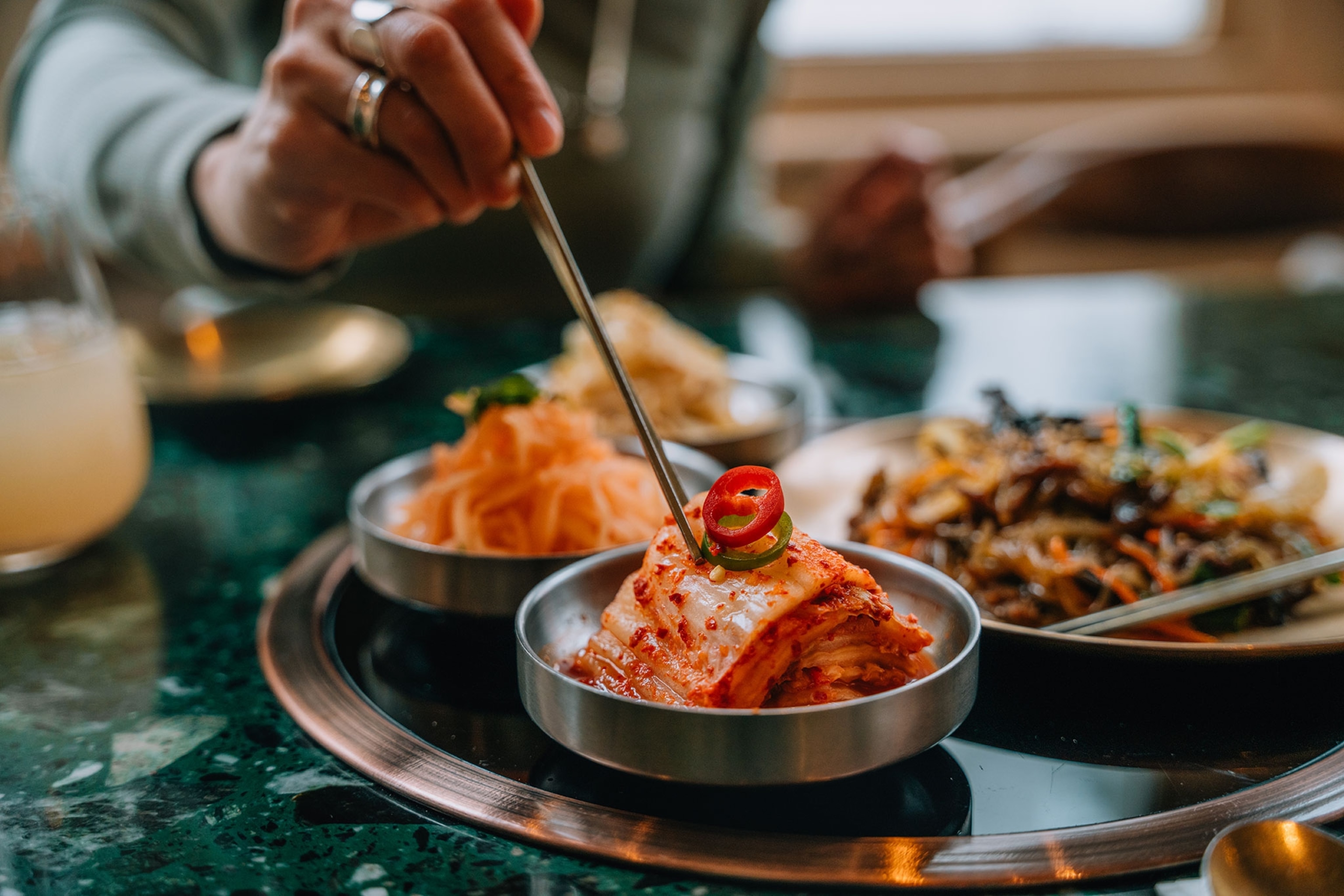
You’ve undoubtedly heard the adage that you are what you eat. It turns out that it may apply to brain health nearly as much as physical health. Research increasingly supports the idea that eating the right foods and avoiding the wrong ones may improve your mood and emotional well-being over time.
“Just as we recognize that diet plays a role in conditions like heart disease or diabetes, we now understand that food choices can affect brain function, mood, and mental health disorders,” says Wolfgang Marx, deputy director of the Food & Mood Centre at Deakin University in Australia and president of the International Society for Nutritional Psychiatry Research, a growing field that explores how diet influences mental health and brain function.
“Diets high in ultra-processed foods and low in nutrient quality are consistently associated with a higher risk of depression and anxiety,” says Marx. Indeed, a study by Marx and colleagues in a 2024 issue or BMJ found that people who consume high amounts of ultra-processed foods have a 48 percent increased risk of anxiety and a 22 percent increased risk of depression.
(9 simple ways to boost your mental health, according to science.)
By contrast, research has found that improving your diet can improve major depression. And a review of 13 studies published in the February 2025 issue of Nutrition Reviews found that the Mediterranean diet could reduce the risks of depression, anxiety, and attention deficit hyperactivity disorder (ADHD) among children and teenagers.
What’s more, in a study of 7,434 adults, researchers found that those who eat more legumes, other vegetables, fruits, yogurt, fish and seafood, milk, and fruit juice have lower levels of perceived stress, according to a study in a 2024 issue of BMC Public Health.
The proof really is in the processed pudding and potato chips. The goal, Marx says, is to combine dietary strategies with mental-health treatments like psychotherapy and medication.
“I don’t think people appreciate how food choices are tied to the risk of mental health disorders,” says Drew Ramsey, a psychiatrist based in Wyoming and author of Healing the Modern Brain and Eat to Beat Depression. Compounding the problem, he adds, mental-health professionals don’t usually receive nutrition training.
Which means that often people must figure out these connections for themselves.
How can food boost your mood?
While much of the research in this area has focused on correlations between certain eating patterns or consumption of specific nutrients and mental health conditions, “there are multiple biological pathways through which diet influences mental health,” says Marx.
Your diet can cause—or alleviate—inflammation in the body and brain. It can also affect oxidative stress, which can trigger neuroinflammation and neurodegeneration. Some foods also boost dopamine and serotonin, neurotransmitters that have a profound effect on mood.
(What foods you really need to eat to reduce inflammation.)
The gut-brain axis and the microbiome influence many of these processes. “The microbiome is important for mental health—the gut makes 90 percent of serotonin in the body,” says Daniel Amen, a psychiatrist, founder of the Amen Clinics, and author of Change Your Brain Every Day.
The microbiome also plays a role in stress responses and depressive symptoms. “When we see chronic stress, there’s a dysregulation or change in the gut microbiome and intestinal-barrier dysfunction, which in turn influences inflammatory responses,” says Caroline Wallace, a postdoctoral fellow in the School of Nutrition Science and the Institute for Mental Health Research at the University of Ottawa. “These inflammatory responses can result in emotional and mental-health changes.”
Meanwhile, the foods you eat also can affect levels of brain-derived neurotrophic factor (BDNF), a protein that plays a key role in brain health and neuroplasticity, or “the brain’s ability to grow and repair itself,” says Ramsey, who considers BDNF “brain fertilizer.” Not only does BDNF promote brain growth and adaptability but there’s a connection that scientists are still teasing out between low BDNF and depression.
Together, these pathways can have a cumulative effect on your mood and mental health.
What to eat for better mental health
“There is no one magic food that you can add to your diet to prevent a mental-health disorder,” says Wallace. And foods shouldn’t be relied on exclusively to treat depression, anxiety, or other mental-health conditions. Rather, mood-boosting foods should be considered an additional treatment, Wallace says.
That said, there are whole diet approaches that can help—such as the Mediterranean diet, the DASH diet (designed to reduce hypertension), and the MIND diet (a combination of the Mediterranean diet and the DASH diet, aimed at preserving cognitive function as people age). These diets are built around certain categories of foods that are believed to contribute to better physical and mental health:
Fish and seafood: Fatty fish like salmon, sardines, tuna, and mackerel and certain types of seafood are rich in omega-3 fatty acids, which have anti-inflammatory effects. They’re also stellar sources of protein, which can indirectly boost production of mood-boosting neurotransmitters like dopamine and serotonin, Amen says.
Meanwhile, sardines, oysters, mussels, and salmon are loaded with brain-boosting nutrients like vitamin B12, selenium, iron, and zinc, Ramsey adds. A study in a 2024 issue of the Journal of Affective Disorders found that adults who consume four or more servings of fish a week have a 26 percent lower risk of developing depression, compared to those who eat fish less than once a week.
(The Mediterranean diet has stood the test of time for a reason: It works.)
Fermented foods: Fermented foods like yogurt, kefir, kombucha, sauerkraut, kimchi, and miso help populate your gut with healthy bacteria, and thanks to the gut-brain connection, they can bolster your mood by rebalancing the good and bad bacteria. “If bad bacteria in the digestive system become overwhelming, that can cause problems in the gut and mental health problems,” says David Mischoulon, a psychiatrist and director of the depression program at Massachusetts General Hospital and a professor of psychiatry at Harvard Medical School.
Interestingly, a study from the College of William and Mary found that people who frequently consume fermented foods that contain probiotics have fewer symptoms of social anxiety than those who don’t.
Brightly colored vegetables and fruits: These contain different antioxidants that can help reduce oxidative stress and fight inflammation, says Kathleen Holton, a nutritional neuroscientist and provost associate professor in the departments of health studies and neuroscience at American University. In particular, eating more berries, citrus fruits, and green leafy vegetables (such as spinach, kale, and arugula) has been found to “promote higher levels of optimism and self-efficacy,” reduce psychological distress, and protect against depressive symptoms.
Richly hued red cabbage, broccoli, and bell peppers are loaded with antioxidants too, as well as essential vitamins and minerals. When cooking these colorful veggies, use olive oil, which is good for the heart and brain.
Beans and legumes: Lentils and beans are rich sources of B vitamins (like folate), minerals (such as potassium, magnesium, and iron), antioxidants, and plant-based protein—and fiber, which helps the gut and brain thrive. Research has found that people who eat more fiber are significantly less susceptible to symptoms of depression and anxiety.
(Black beans. Pinto beans. Cannellini. How do they stack up nutritionally?)
Nuts and seeds: Whether you go with almonds, walnuts, or cashews, “nuts have a mix of fats, protein, slow-burning carbs, fiber, and phytonutrients that have an anti-inflammatory effect,” says Ramsey, who recommends opting for raw, unsalted nuts. “They also protect against low BDNF levels.” Research has found that adults who consumed up to a handful of nuts a day had a 17 percent lower risk of developing depression over a five-year period than those who consumed no nuts.
Sunflower and pumpkin seeds are also great sources of brain-nourishing vitamin E and magnesium, Holton adds.
Herbs and spices: “Cinnamon is good for blood sugar and blood flow, and turmeric reduces inflammation,” Amen says, all of which are beneficial for the brain. Research in rats has also shown that cinnamon has antidepressant effects by increasing BDNF, and saffron has been shown to relieve depression and anxiety.
Dark chocolate: Having a square or two of dark chocolate really can give your mood a boost. Rich in antioxidants called polyphenols, dark chocolate has been shown to reduce mental and physical fatigue and enhance vitality. What’s more, a study in a 2024 issue of Scientific Reports found that when middle-aged women ate dark chocolate every day for eight weeks, their depressive symptoms improved significantly, much more so than those who ate milk chocolate.
For mood-boosting effects, Ramsey recommends buying dark chocolate with a cacao content of at least 70 percent—“the higher the percentage of cacao, the better it is for your brain,” he says.
Ultimately, by regularly including these brain- and mood-boosting foods in your meals and snacks and reducing your intake of highly processed foods, your emotional well-being is likely to gradually improve. Plus, by preparing dishes that nourish your brain and bring pleasure to your taste buds, you’ll be taking a proactive approach to your physical and mental health. That’s a feel-good proposition in its own right.


